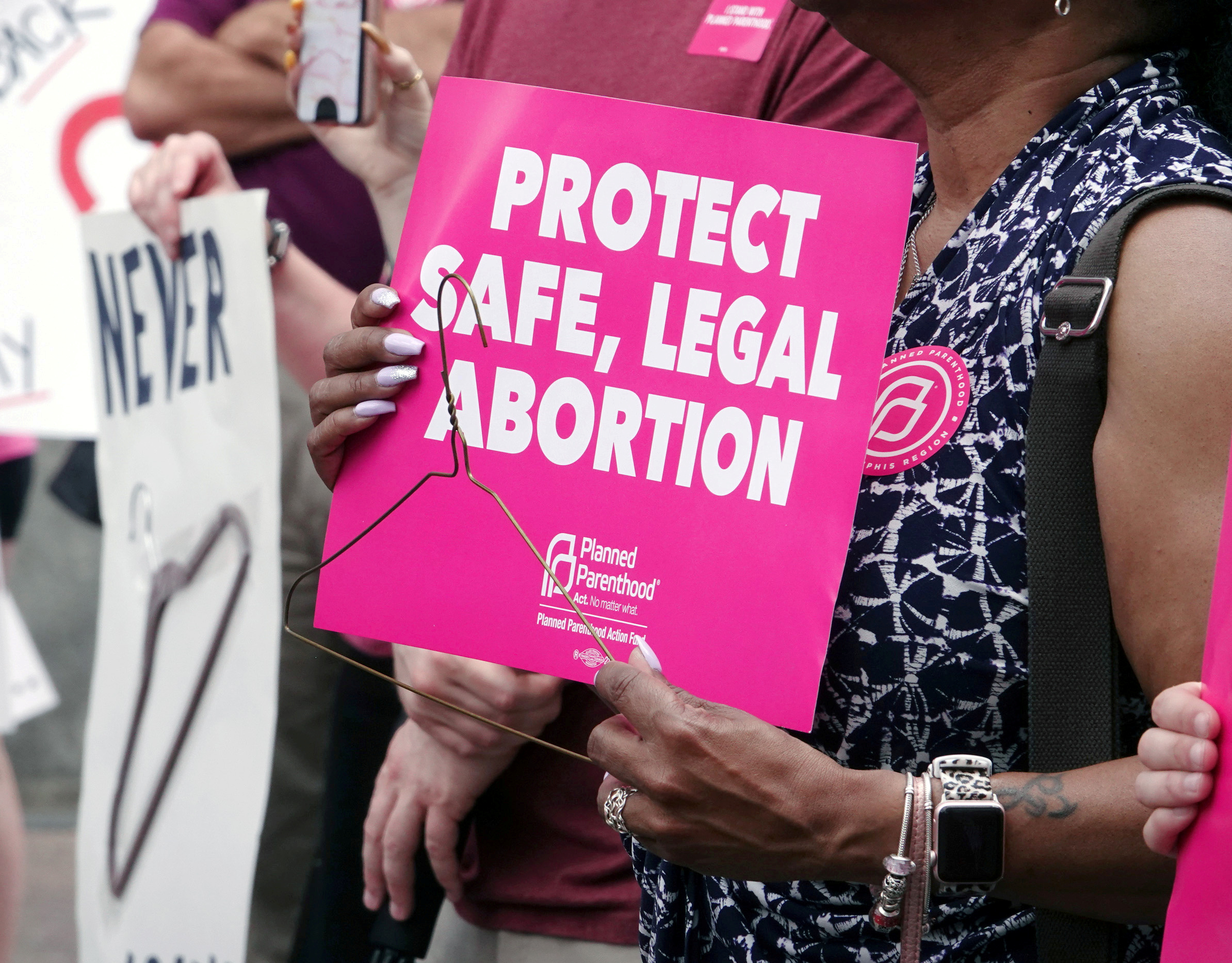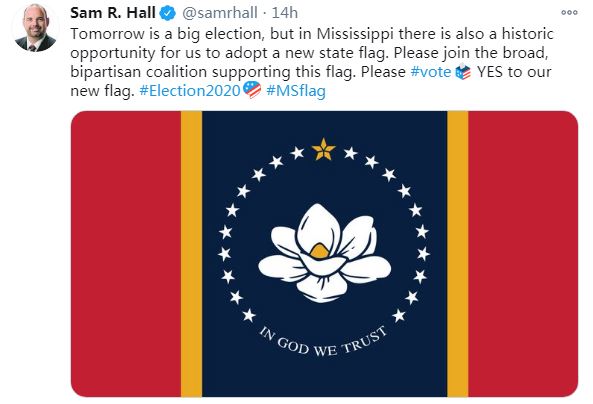
Chemdawg marijuana plants grow at a facility in Smiths Falls, Ontario, Canada, October 29, 2019. /Reuters
Chemdawg marijuana plants grow at a facility in Smiths Falls, Ontario, Canada, October 29, 2019. /Reuters
U.S. voters are not just electing their next president or picking state officials like district attorneys and sheriffs on November 3: they are also deciding on key policy proposals.
About 120 initiatives are on the ballot in 32 states, touching on everything from abortion and racial justice to legalized marijuana and even wolves.
Here is a look at the more notable ones.
Graphics: Biden leads Trump in battlegrounds, national polls stable
Battle for the Senate: Races that could make or break the next U.S. president
What gets on the ballot?
Over half of the initiatives this year were proposed by state legislatures, according to Ballotpedia. A number of states however also allow citizens' initiatives to be put to a vote if enough registered voters sign a petition. About a third of ballot measures in this election are popular initiatives. California and Colorado are the states with the most measures on their ballots, respectively 12 and 11.
As a tool of direct democracy, allowing voters a direct say on policy, ballot initiatives have been credited in the past with pushing political agendas forward on issues like same-sex marriage and legalized marijuana.
In the wake of the COVID-19 pandemic however, the number of ballot questions has dropped, with experts noting it hasn't been this low since the 1980s. Lockdowns and social distancing rules especially impacted citizen initiatives as people were unable to go out and gather signatures.
Abortion, LGBTQ and gender rights
Abortion is a regular feature on ballots and this year is no different. Colorado has a proposition to ban abortion after 22 weeks, while Louisiana has one that would clarify that the state constitution does not protect the right to abortion.

An abortion rights activist holds a sign during a "Stop Abortion Bans Day of Action" rally in Memphis, Tennessee, May 21, 2019. /Reuters
An abortion rights activist holds a sign during a "Stop Abortion Bans Day of Action" rally in Memphis, Tennessee, May 21, 2019. /Reuters
Nevada, meanwhile, has a constitutional amendment question that would recognize same-sex marriage and repeal a 2002 change that defined it as being solely between a man and a woman. And voters in Utah could approve a measure that would ensure the state constitution is gender-neutral.
A tangle of rules: Why the U.S. election confuses so many
Righting history
In the wake of Black Lives Matter protests and the heated debate over racial justice, a number of states have put questions tackling the country's checkered past on their ballot.
A Rhode Island proposition would remove "Providence Plantations" – a reference to its slave-owning past – from the state's official name. Rhode Island Governor Gina Raimondo already ordered the words removed from state documents over the summer but this proposition, if approved, would also strike them from the state's constitution.
Voters in Mississippi get to vote on a new state flag after the previous one – which featured the Confederate battle flag, often associated with slavery and racism – was retired in June. A new blue, red and gold flag featuring a magnolia flower has already been used unofficially on state buildings.
Nebraska and Utah are also moving to strike 19th-century laws from their constitutions, which allowed slavery and involuntary servitude as criminal punishment and were still on the books, although never used.
Magic mushrooms
Since Colorado and Washington became the first states to legalize the recreational use of marijuana in 2012, similar ballot initiatives have popped up around the country at every major election. This year, voters in Arizona, Montana, New Jersey and South Dakota are being asked to back such measures. South Dakota actually has two propositions to legalize marijuana – for medical and for recreational use – and could go from being a state where the drug is illegal to one where it is entirely decriminalized. Most other states have done this one step at a time. Mississippi could meanwhile approve the use of medical marijuana.

The new design for Mississippi's state flag. /@samrhall
The new design for Mississippi's state flag. /@samrhall
Oregon is going further still and has a question on the ballot about legalizing "psilocybin-producing mushroom and fungi products" – otherwise known as magic mushrooms – for mental health therapy. If passed, it would be the first U.S. state to decriminalize the drug.
Odds and ends
A large number of initiatives are related to taxes and election law.
Elsewhere, Colorado has a proposal that would provide 12-week paid family and medical leave – the first time such an issue has ever been on the ballot, according to Amanda Zoch, a policy specialist at the National Conference of State Legislatures. Florida could raise the minimum wage to $15 per hour by 2026 – more than twice the current federal minimum wage of $7.25 – and in Nevada, a rare climate-related proposal is on the ballot, calling for 50 percent of electricity to come from renewable sources by 2030.
More unusually, Alabama, Colorado and Florida have initiatives that state that "only a citizen" may vote in elections – although this is already a pre-condition throughout the country, including in those three states.
And lest one think that only humans are affected by this election: Colorado has a proposition that would reintroduce gray wolves in part of the state.